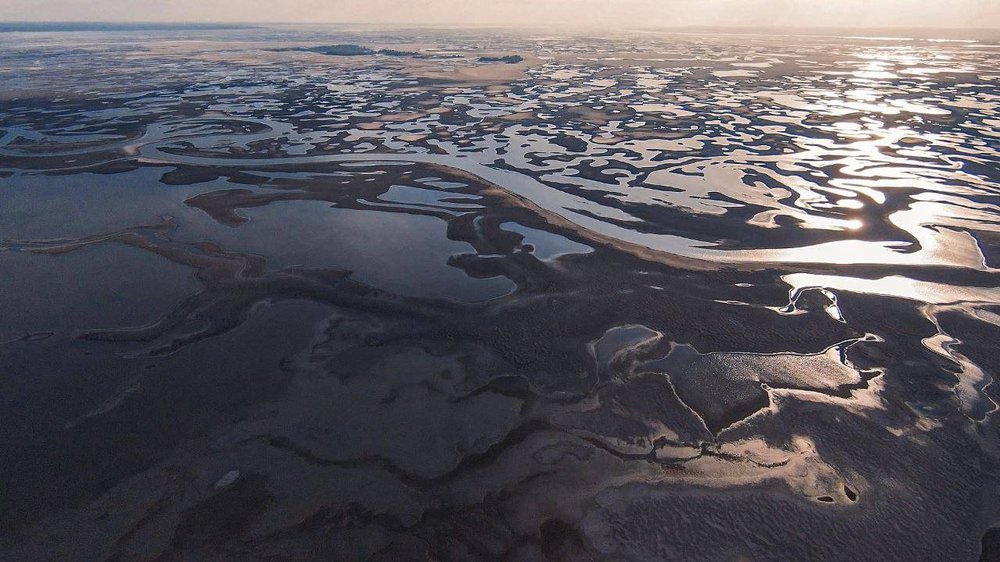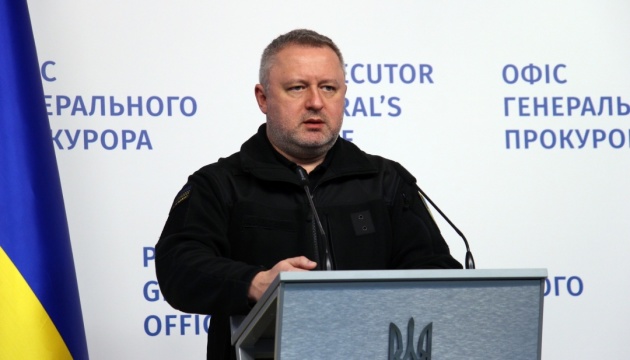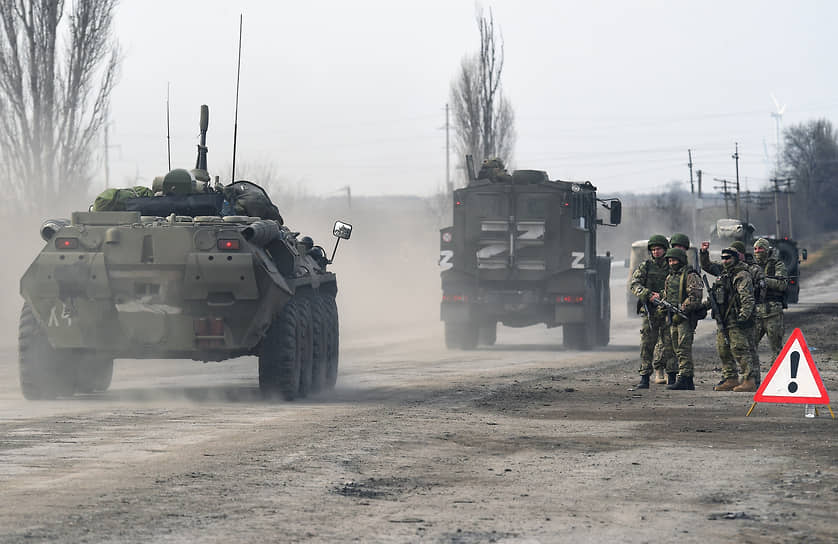The international lawyers' organization Global Rights Compliance emphasized at the 23rd session of the Assembly of States Parties to the International Criminal Court (ICC) in The Hague that since 2022, Russia has been targeting Ukrainian critical infrastructure, complicating food supply chains and destroying the environment, according to UkrInform.
The ICC plays a crucial role in addressing war crimes and crimes against humanity in Ukraine amid the war with Russia. Following the Russian invasion, the ICC prosecutor opened an investigation into alleged war crimes committed on Ukrainian territory. The ICC's jurisdiction is particularly significant given that Ukraine is not a party to the Rome Statute; however, it has accepted the court's jurisdiction through declarations. The court has issued arrest warrants for high-ranking Russian officials, including President Vladimir Putin and Commissioner for Children's Rights Maria Lvova-Belova, regarding their roles in the unlawful deportation of Ukrainian children.
During the latest session, lawyers said that since 2022, they have observed attacks on critical civilian infrastructure, obstruction of humanitarian aid access and evacuation, theft of agricultural equipment and crops, and shelling of facilities vital for the survival of the peaceful Ukrainian population.
"Attacks on critical infrastructure, such as energy and water supply, port blockades, and many other similar violations continue to this day," said Rebecca Bakos Blumenthal, deputy head of the Crime of Starvation and Humanitarian Crisis department at Global Rights Compliance.
Meanwhile, Olha Matcykiv, deputy head of the Mobile Justice Team on the Crime of Starvation at Global Rights Compliance, noted that due to constant Russian assaults, Ukrainians remain without power and heating. Winters in Ukraine can be extremely cold, and electricity is critical for heating systems, water supply, and sewage systems.
“Many cities rely on electric pumps to deliver water to households. Due to power outages, residents experience water supply disruptions or completely lose access to clean water. We have no heat, we have no water,” said Matcykiv.
She also emphasized that power outages literally trap people with disabilities in their homes, as elevators in apartment buildings, public spaces, and hospitals stop working.
“People with serious illnesses who rely on life-supporting equipment risk their lives during each prolonged power outage. As of November 2024, there are over three million people with disabilities in Ukraine,” Matcykiv added.
Meanwhile, Dmytro Koval, the legal director of the human rights organization Truth Hounds and expert at Project Expedite Justice, spoke about the far-reaching consequences of the destruction of the Kakhovka Hydroelectric Power Station for Ukraine's energy stability, climate, and environment.
Koval noted that from an ecological perspective, the destruction of the Kakhovka dam has led to the devastation of ecosystems, the reduction of various flora and fauna populations, and contamination of soil and water.
“All of this provides grounds to assert that the destruction of the dam is an environmental war crime, as stipulated under Article 8(2)(b)(iv) of the Rome Statute,” he emphasized.
Article 8(2)(b)(iv) of the Rome Statute addresses war crimes, specifically prohibiting the intentional launching of attacks with the knowledge that such actions will cause incidental loss of life or injury to civilians, damage to civilian objects, or widespread, long-term, and severe damage to the natural environment, which would be clearly excessive in relation to the anticipated military advantage.
Related:
- White House confirms North Korea sent 3,000 troops to Russia for military training
- Satellites show North Korea profits from supporting Russia’s war in Ukraine
- West сan no longer ignore China’s complicity in Russia’s war
- Does Russia face military collapse by 2026? Inside Ukraine’s strategic assessment





